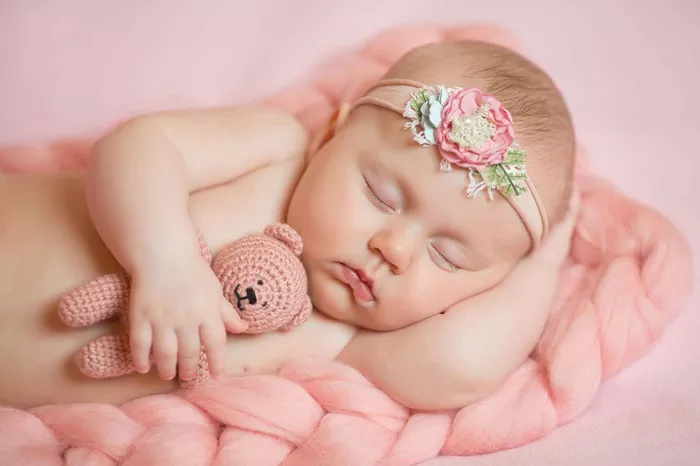A Hong Kong lawmaker has proposed that the government display baby photos in its offices to help boost the city’s declining birth rate. Bill Tang, a legislator from the Hong Kong Federation of Trade Unions, made the suggestion during a meeting of the Subcommittee to Study Population Policy and Initiatives on Monday.
Tang argued that the government should create a supportive environment for its civil servants to encourage childbearing. He suggested that by showcasing images of babies in government offices, officials could foster a sense of warmth and encourage employees to prioritize family life over overtime work. He said, “Could the government add more baby photos as decorations for all offices? This way, civil servants will see babies when they go to work, and it will encourage them to go home to be with their families.”
In response, Under Secretary for Labour and Welfare Jonathan Ho called Tang’s idea “innovative.” Ho promised to discuss the possibility with the Civil Service Bureau and explore ways to display more baby photos in government offices.
Hong Kong’s birth rate has been declining for years, and recent data shows the city now has the lowest birth rate globally. According to 2022 World Bank data, the average number of children born per couple in Hong Kong was just 0.7, narrowly trailing South Korea at 0.8. In 2023, only 33,200 babies were born in the city, contributing to concerns about an aging population.
A survey by the Hong Kong Public Opinion Research Institute, conducted last month, revealed that many residents cite the city’s education system and political climate as major factors discouraging them from having children.
In an effort to address the issue, Chief Executive John Lee introduced a one-off HK$20,000 allowance for families with at least one Hong Kong permanent resident parent and a baby born between October 2022 and October 2026. The initiative is part of a broader government effort to boost the birth rate.
As of October, around HK$520 million had been distributed under the scheme, with 26,948 applications processed and more than 95 percent of the funds distributed. Between June and September, the number of births in Hong Kong increased by 9.8 percent compared to the same period the previous year. However, Jonathan Ho cautioned that the rise in births could not be solely attributed to the newborn bonus, as the end of the COVID-19 pandemic and changing social attitudes may also have played a role.
In addition, the government announced that starting in April 2025, civil servants with children under three years old would be eligible for childcare leave. This measure will first be tested within the Civil Service Bureau before potentially being extended to other departments and the wider public.
Lawmaker Doreen Kong also raised another issue during the meeting, suggesting that Hong Kong residents who have frozen their eggs or sperm may eventually want to have children. She asked whether the government would consider extending the current 10-year limit on the storage of gametes not used for medical purposes. Raymond Cheung from the Hospital Authority explained that specialists had already discussed the matter, and any decision on extending the storage limit would depend on the latest scientific developments.
The discussion continues as the city faces the ongoing challenge of reversing its birth rate decline and addressing the broader implications of an aging population.
Related Topics:


